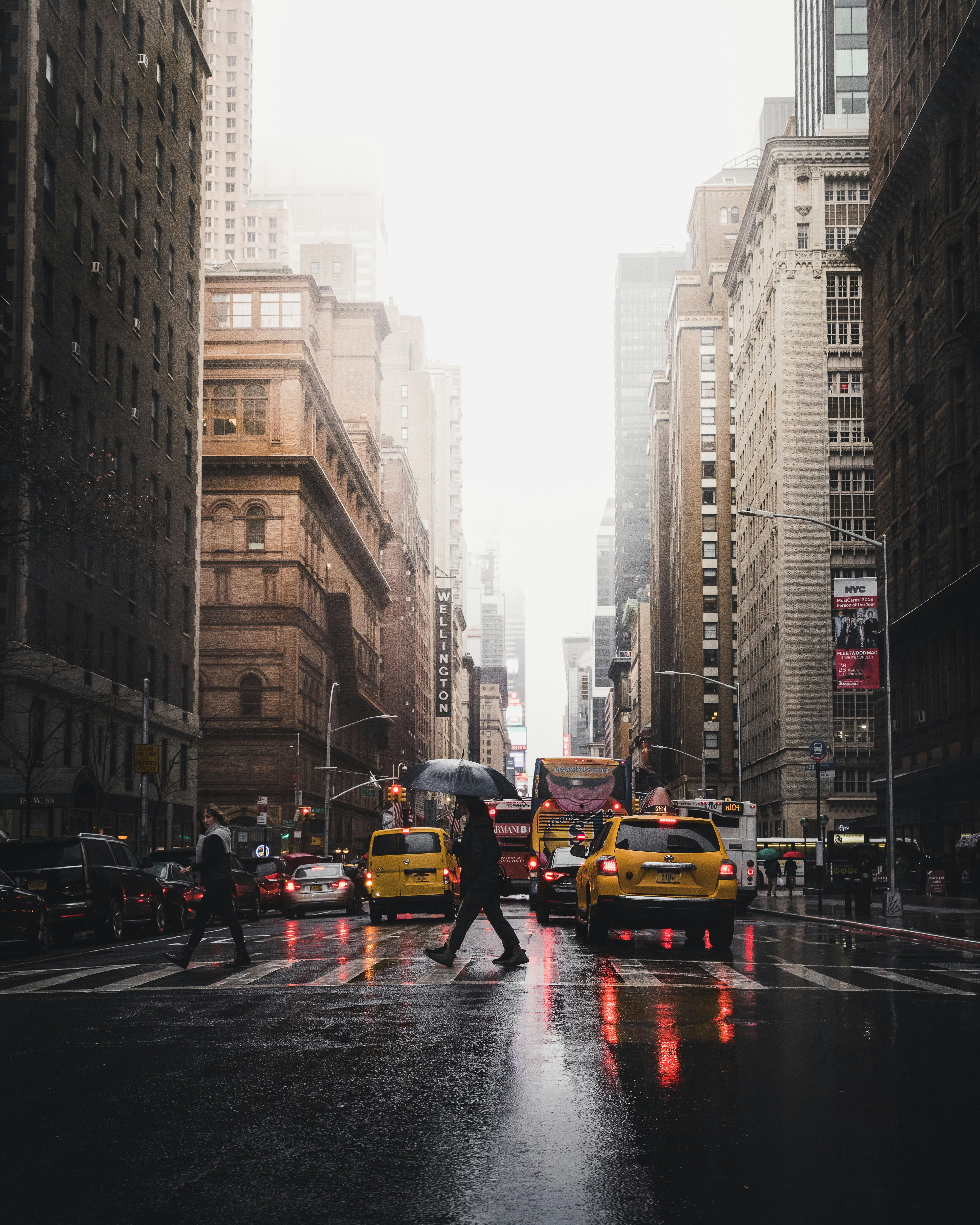In the rapidly evolving landscape of the 21st century, the prescient themes of Aldous Huxley’s “Brave New World” resonate with an intensity that prompts both reflection and reevaluation. As technological advancements accelerate and societal norms shift, the dystopian vision painted by Huxley in 1932 seems to echo with uncanny familiarity in today’s world. This critical examination seeks to explore whether the novel’s portrayal of a controlled, pleasure-driven society holds more relevance now than at any point since its publication. By dissecting the parallels between Huxley’s imagined future and contemporary realities, we aim to assess the enduring impact of “Brave New World” on our understanding of freedom, identity, and the human condition in an era marked by unprecedented change.
Analyzing the Socio-Political Parallels in Brave New World
In examining Aldous Huxley’s dystopian masterpiece, one cannot overlook the striking socio-political parallels that resonate with our contemporary world. The novel’s depiction of a society obsessed with consumerism, technology, and instant gratification offers a critical lens through which to view our current socio-political landscape. Huxley’s world is governed by a totalitarian regime that uses technological advancements to maintain control and manipulate the masses, a concept that echoes modern concerns about privacy, surveillance, and the concentration of power in the hands of a few.
The novel’s themes extend into several aspects of our society:
- Consumerism and Materialism: Just as the citizens of Huxley’s world are conditioned to consume endlessly, today’s culture often prioritizes material wealth over spiritual or intellectual growth.
- Technological Control: The omnipresent technology in “Brave New World” serves as a tool for control, much like the digital algorithms and data tracking that influence our decisions and behaviors today.
- Loss of Individuality: The suppression of individuality in the novel mirrors the modern trend towards conformity driven by social media and societal norms.
By drawing these parallels, Huxley’s work not only remains relevant but also serves as a cautionary tale, urging us to reflect on the socio-political structures that shape our lives.

Examining Technological Advancements and Their Societal Impact
In Aldous Huxley’s “Brave New World,” the depiction of a technologically advanced society offers a critical lens through which we can examine our own reality. The novel’s exploration of technology’s role in shaping human behavior and social structures resonates profoundly in today’s digital age. Our society is increasingly characterized by:
- Mass Surveillance: With the proliferation of digital devices, the ability to monitor and gather personal data has never been more pervasive. This mirrors Huxley’s world where citizens’ actions and thoughts are constantly observed.
- Biotechnological Manipulation: Advances in genetic engineering and biotechnology echo the novel’s themes of predestined roles and engineered contentment, raising ethical questions about autonomy and identity.
- Instant Gratification: The pursuit of pleasure through consumerism and entertainment parallels the hedonistic culture in Huxley’s narrative, where immediate satisfaction is prioritized over meaningful connections.
These advancements present a dual-edged sword; while they offer remarkable benefits, they also challenge traditional notions of privacy, freedom, and individuality. As we navigate this new frontier, Huxley’s cautionary tale becomes increasingly pertinent, urging us to critically assess the implications of our technological pursuits.

Understanding Consumer Culture Through Huxleys Dystopian Lens
Aldous Huxley’s “Brave New World” offers a prophetic glimpse into a society that mirrors the contemporary landscape of consumer culture. In a world driven by instant gratification and superficial pleasures, the novel’s depiction of a society where consumerism is both the religion and the ruler is eerily familiar. Huxley envisioned a world where individuals are conditioned to buy and consume, an idea that resonates with today’s culture of mass production and consumer-driven economies. This relentless pursuit of consumption raises critical questions about the erosion of individuality and the commodification of human experiences.
The parallels between Huxley’s dystopia and our current reality extend to the manipulation of desires and the illusion of choice. Modern advertising and social media platforms serve as the new soma, numbing the populace with a constant stream of distractions. Consider these elements:
- Subliminal Messaging: Just as Huxley’s society uses hypnopaedia to condition behavior, today’s algorithms subtly shape our preferences.
- The Cult of Happiness: Happiness is marketed as a purchasable product, reflecting the novel’s portrayal of chemically-induced contentment.
- Loss of Authenticity: Like the characters in the book, contemporary consumers often find themselves trapped in cycles of superficiality.
The narrative challenges us to question whether we are sacrificing depth and authenticity for convenience and comfort, highlighting the enduring relevance of Huxley’s cautionary tale.

Recommendations for Engaging with Brave New World in Modern Contexts
Engaging with Aldous Huxley’s Brave New World in today’s context requires a multifaceted approach that not only examines the text’s dystopian elements but also its eerily prescient observations about technology, society, and governance. To fully appreciate its relevance, consider these strategies:
- Contextual Analysis: Draw parallels between Huxley’s imagined society and current technological advancements, such as artificial intelligence and genetic engineering. This can help illuminate the ethical questions these technologies pose in the real world.
- Critical Discussions: Facilitate conversations that explore the novel’s themes of consumerism and conformity, particularly in relation to social media’s influence on personal identity and community.
- Interdisciplinary Approach: Encourage readers to integrate insights from sociology, psychology, and political science, offering a richer understanding of the novel’s critique of authoritarian governance and its implications for modern democracies.
By examining Brave New World through these lenses, readers can gain a deeper understanding of its significance and continue to find relevance in its cautionary tale. Engaging critically with the text not only enhances comprehension but also encourages a more informed dialogue about the future of our own world.
Concluding Remarks
In examining whether “Brave New World” holds more relevance today than ever before, it becomes evident that Aldous Huxley’s dystopian vision continues to resonate with contemporary audiences. The novel’s exploration of themes such as technological dominance, consumerism, and the erosion of individuality in the face of societal conformity provides a mirror reflecting modern anxieties. As we navigate an era characterized by rapid technological advancements and increasing societal pressures to conform, Huxley’s cautionary tale serves as both a warning and a reflection of current trends. However, it is crucial to approach these parallels with a critical eye, acknowledging the complexities and nuances of our present reality that Huxley could not have foreseen. While “Brave New World” undeniably offers insights into the potential consequences of unchecked progress, it is ultimately up to today’s society to determine the extent of its relevance and to draw lessons that can inform a more balanced and humane future.
